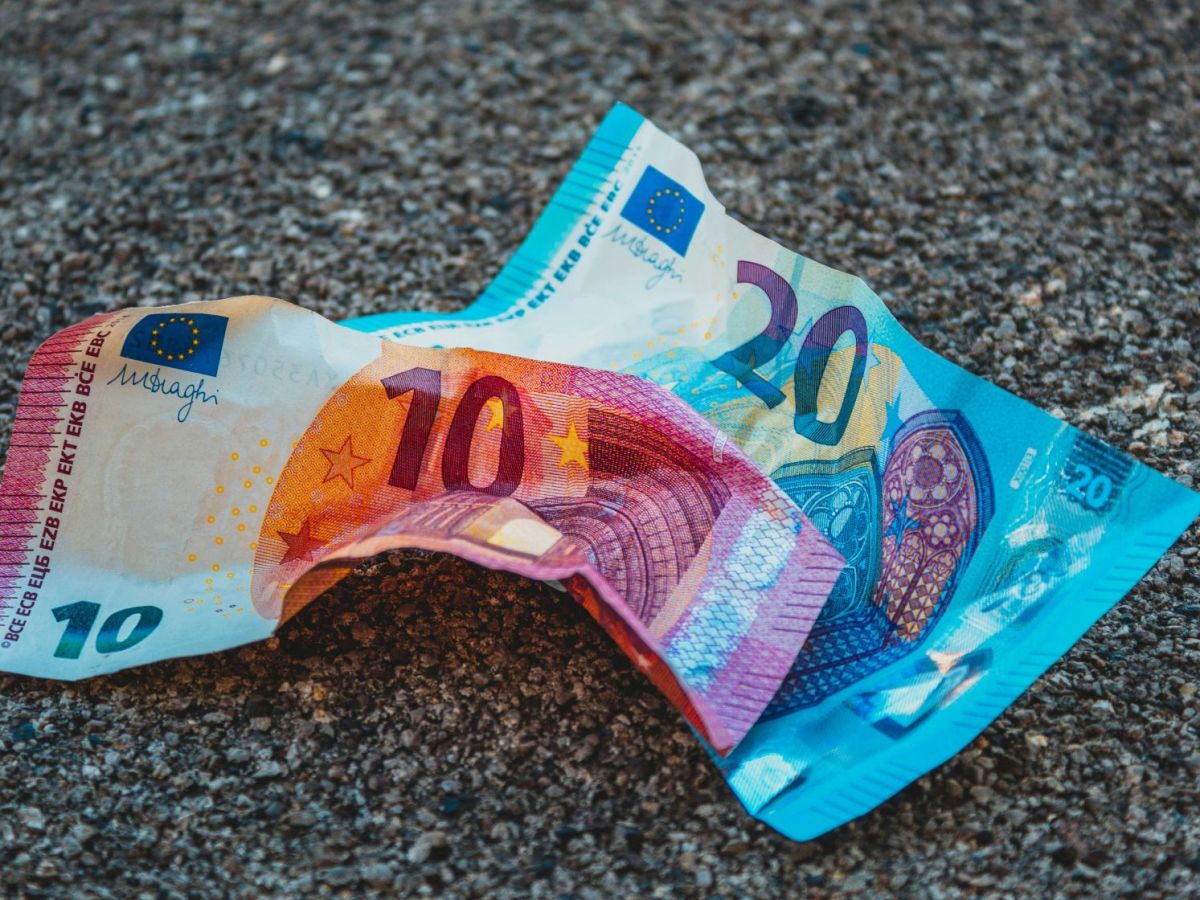According to the INE, the increase in inflation in January was mainly due to fuel prices, which had fallen in January 2024, as well as electricity prices, which rose more than in the same month last year.
As for the underlying inflation rate (excluding energy and fresh food, traditionally the most volatile items in the shopping basket), it was 2.4 per cent in January in Spain, down two tenths on the previous month.
At the end of September 2024, Spain ended zero VAT on some foods and by the end of last year had restored all the normal values of this consumption tax, thus ending almost three years of extraordinary measures to control inflation.
The Spanish government adopted packages to respond to rising prices after the first half of 2022 saw some of the highest figures in the European Union (EU) and in July of that year the highest inflation in the country since 1984 (10.77 per cent).
In 2022 alone, Spain approved several packages of measures to respond to inflation of more than 3 per cent of Gross Domestic Product (GDP), worth around 45,000 million euros, including direct aid to consumers and companies and tax benefits, such as a reduction in VAT on electricity and gas or a discount on fuel purchases.










